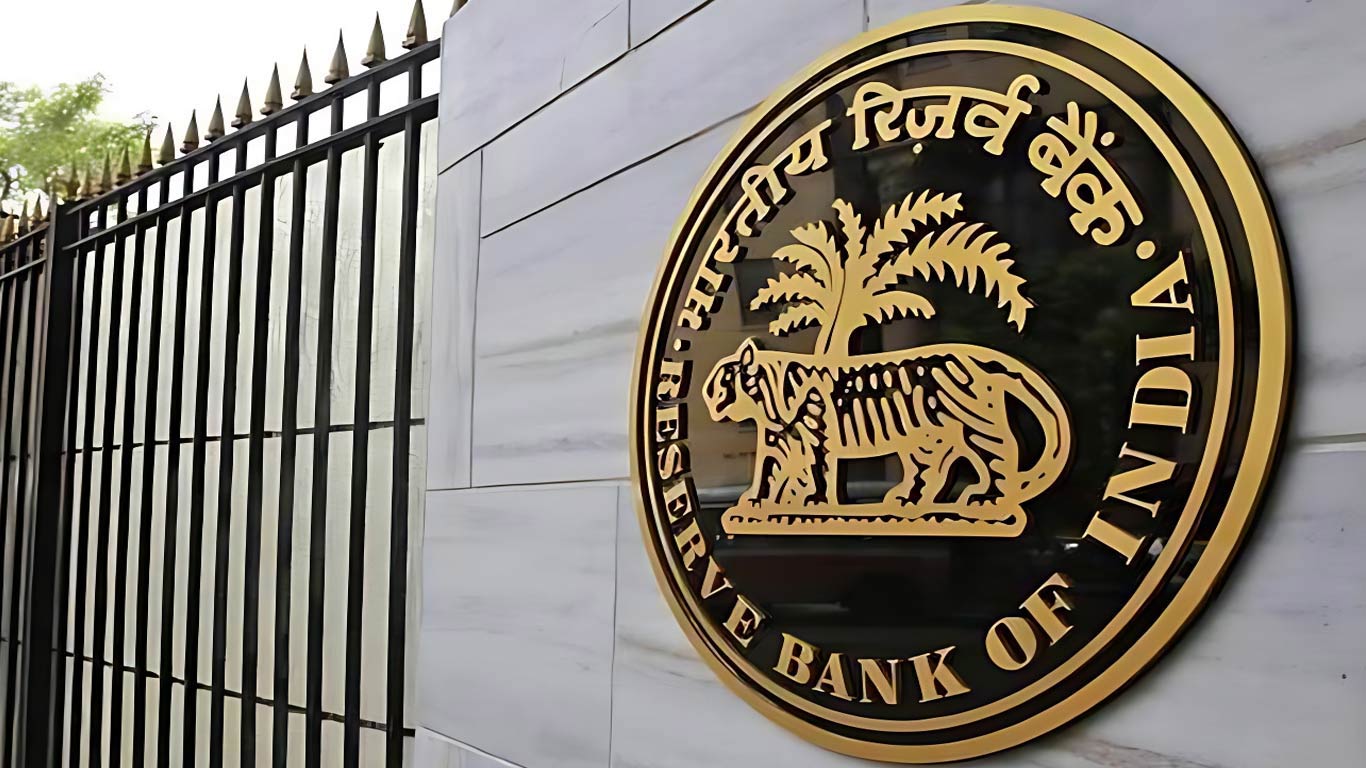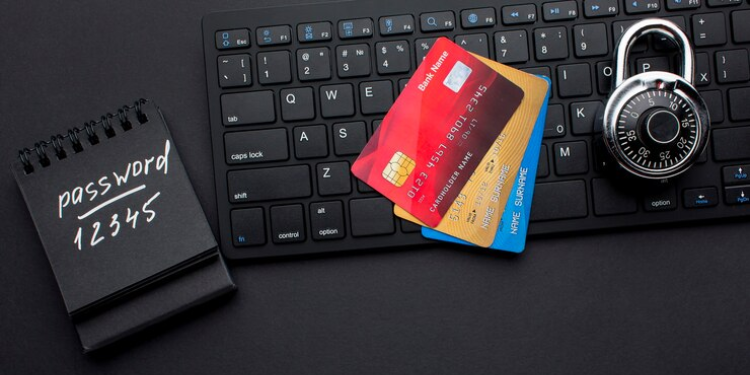

In our increasingly digital age, the security of your banking information is paramount. As technology advances, so do the methods employed by cybercriminals to gain unauthorized access to your finances. This article aims to guide you through essential strategies to secure your banking, ensuring the protection of your hard-earned money.
One prevalent method used by cybercriminals is phishing. These attacks involve tricking individuals into divulging sensitive information by posing as trustworthy entities. Recognizing and avoiding phishing attempts is crucial for your financial safety.
Identity theft remains a persistent threat. Criminals can use stolen personal information to open fraudulent accounts or make unauthorized transactions. Learning how to protect your identity is vital in today’s interconnected world.
The use of malicious software, such as malware and ransomware, can compromise your banking security. Understanding how these threats operate is essential for implementing effective countermeasures.
One of the simplest yet often neglected ways to secure your banking is by having robust passwords. Crafting unique and complex passwords adds an extra layer of protection to your accounts.
Enhance your security further by implementing two-factor authentication. This additional step adds an extra verification process, making it more challenging for unauthorized users to gain access to your accounts.
Before conducting any financial transactions online, it’s crucial to ensure you are on a secure website. Look for HTTPS in the URL and other indicators of a safe connection.
Regularly monitoring your account activity helps in identifying any suspicious transactions promptly. Early detection allows for quick intervention and minimizes potential damage.
When using banking apps, prioritize those with robust security features. Encryption, biometric authentication, and secure login processes contribute to a safer banking experience.
Ensure your banking apps are up-to-date. Developers frequently release updates to address security vulnerabilities, and keeping your apps current is vital for optimal protection.
Install reputable antivirus software on your devices and perform regular scans. This helps detect and remove any malicious software that could compromise your banking security.
Given the prevalence of mobile banking, securing your mobile devices is paramount. Set up PINs or biometric locks and enable remote tracking and wiping features in case of theft.
Educate yourself on social engineering tactics employed by scammers. Awareness is a powerful tool in avoiding falling victim to manipulative schemes.
From lottery scams to fake charity appeals, familiarize yourself with common scams and learn how to spot and avoid them. Vigilance is key in safeguarding your finances.
Regularly check your credit reports for any discrepancies. Unusual activities may indicate identity theft, and swift action can prevent further damage.
Take advantage of account alert features provided by your bank. These notifications can alert you to any unusual account activities, allowing for immediate intervention.
If you notice any suspicious activity, contact your bank immediately. Banks have procedures in place to address such issues swiftly and protect your accounts.
In cases of identity theft or fraud, report the incident to the relevant authorities. Cooperation with law enforcement agencies enhances the chances of apprehending the perpetrators.
Stay informed about emerging threats to financial security. Following reputable cybersecurity news sources keeps you updated on the latest developments.
Consider participating in workshops or seminars on financial security. These events provide valuable insights and practical tips from experts in the field.
Explore real-life examples of individuals who successfully protected their finances. Understanding their strategies can inspire and guide your own security measures.
Examine cases where individuals suffered financial losses due to negligence. Learning from the mistakes of others emphasizes the importance of proactive security measures.
Promote a culture of financial security by sharing tips with your family and friends. Collective awareness strengthens the community’s resilience against cyber threats.
Support or initiate community initiatives focused on banking security. Collaborative efforts can amplify the impact of security measures and create a safer environment for everyone.
Consider seeking advice from financial professionals. Their expertise can provide tailored strategies for securing your finances based on your unique situation.
A financial advisor can offer comprehensive guidance on securing your assets and investments. Their insights go beyond online security, encompassing a holistic approach to financial well-being.
While security is paramount, explore convenient banking options that align with your lifestyle. Many banks offer a balance of convenience and security features.
Ensure that the convenience features you use prioritize security. Opt for services that offer both ease of use and robust security protocols.
In conclusion, securing your banking requires a multifaceted approach. From strengthening passwords to staying informed about emerging threats, proactive measures are essential. By implementing the strategies outlined in this article, you empower yourself to protect your finances in an increasingly digital world.